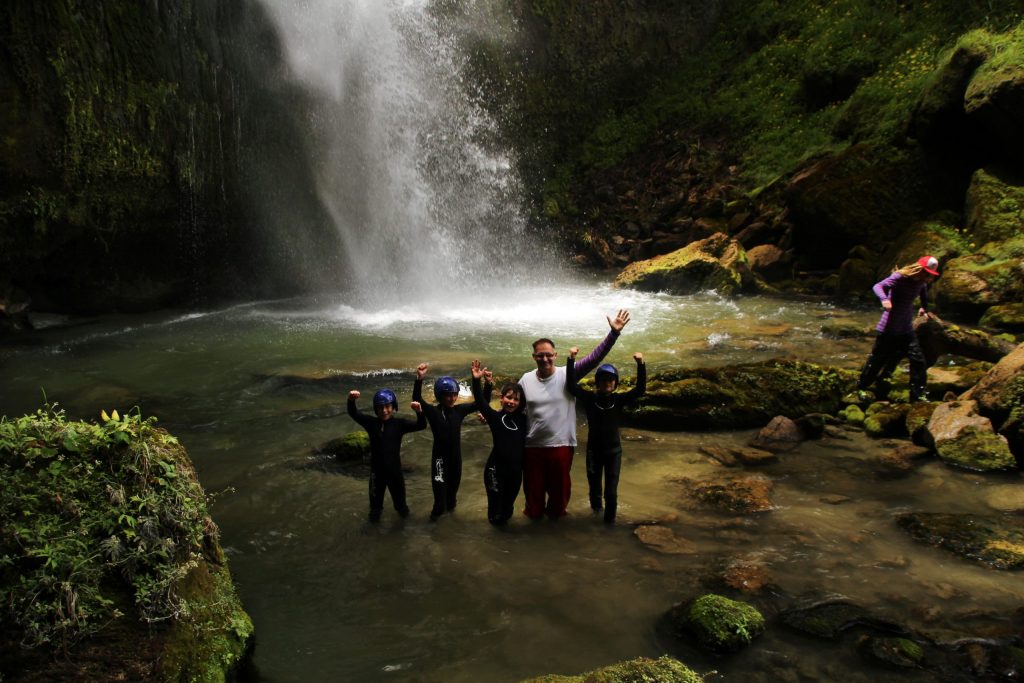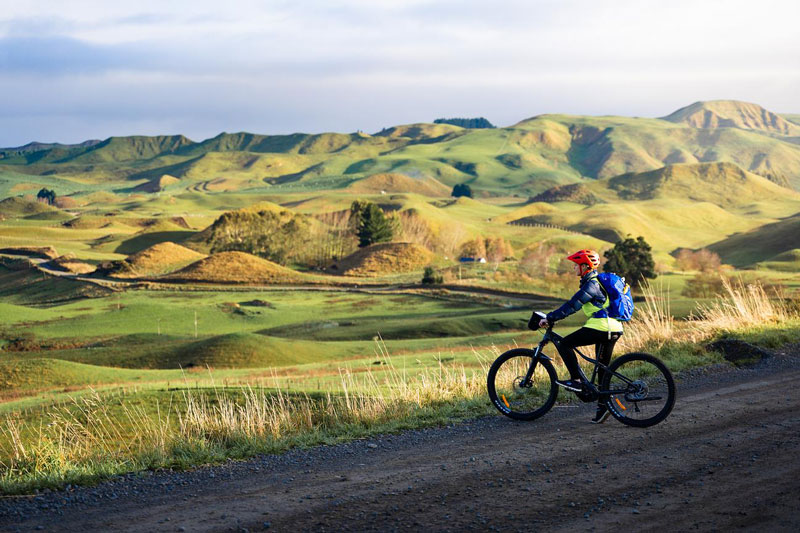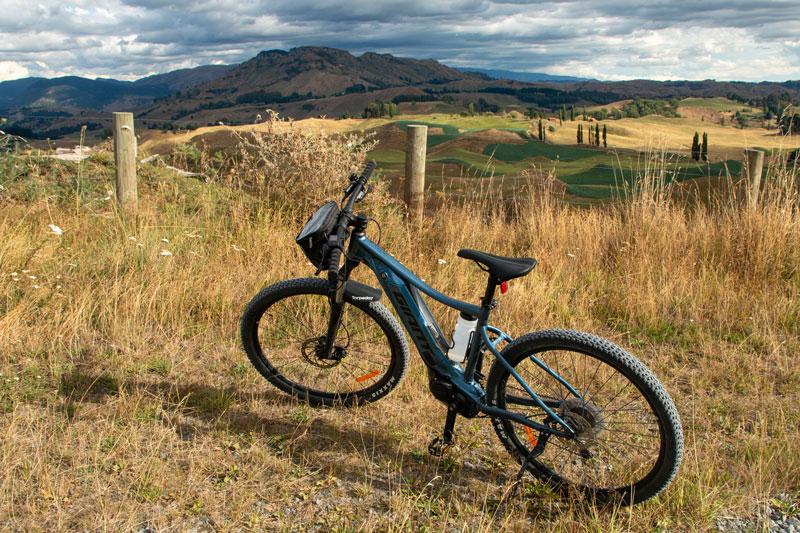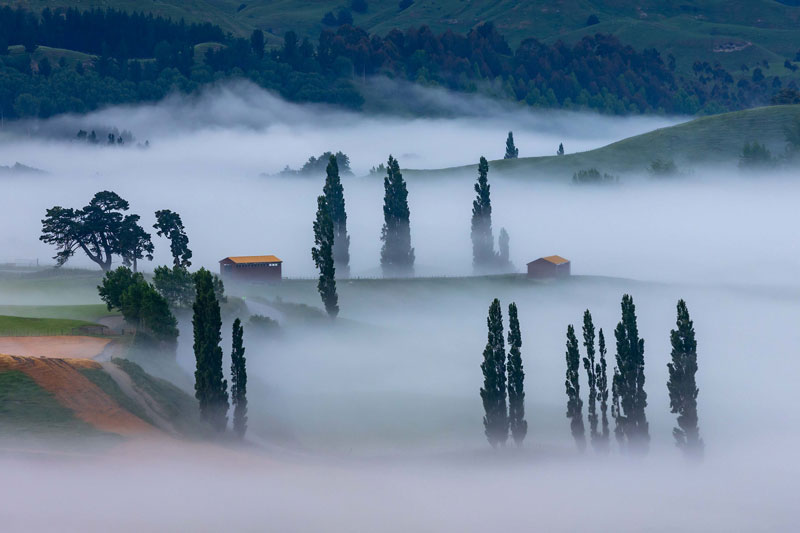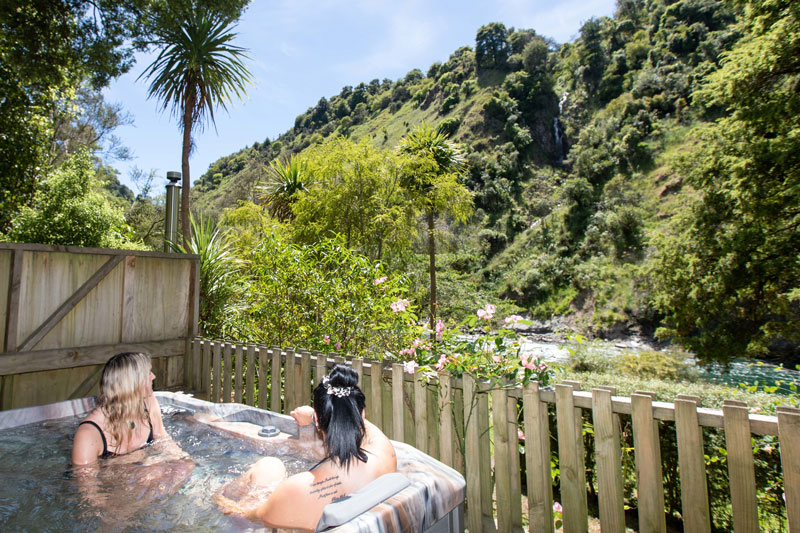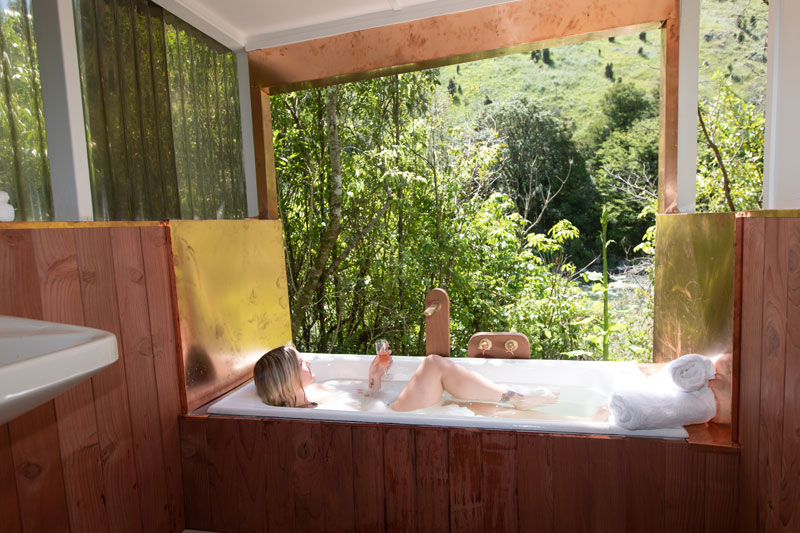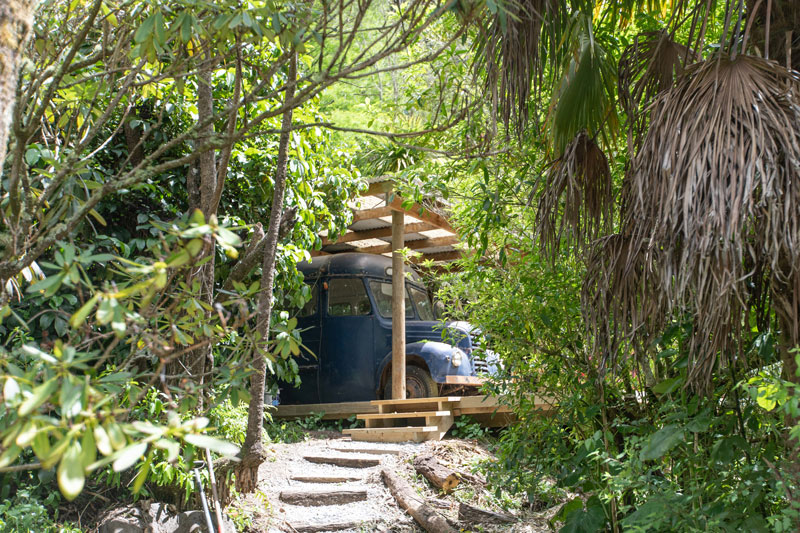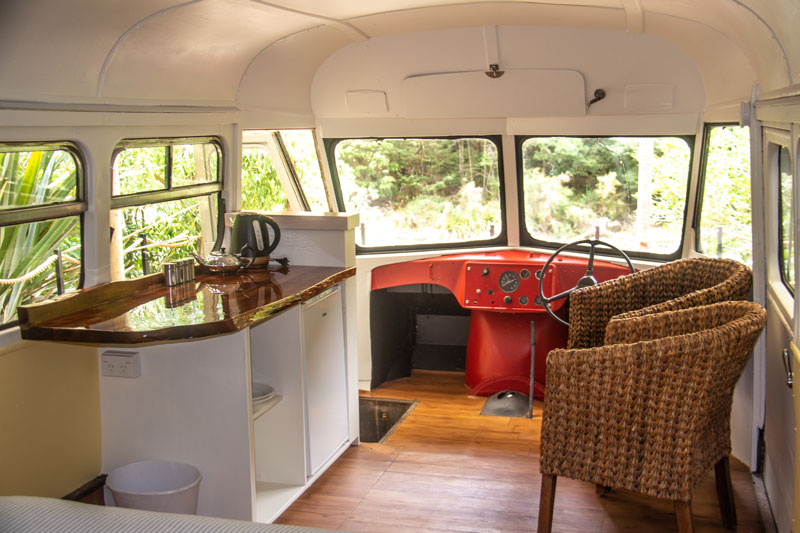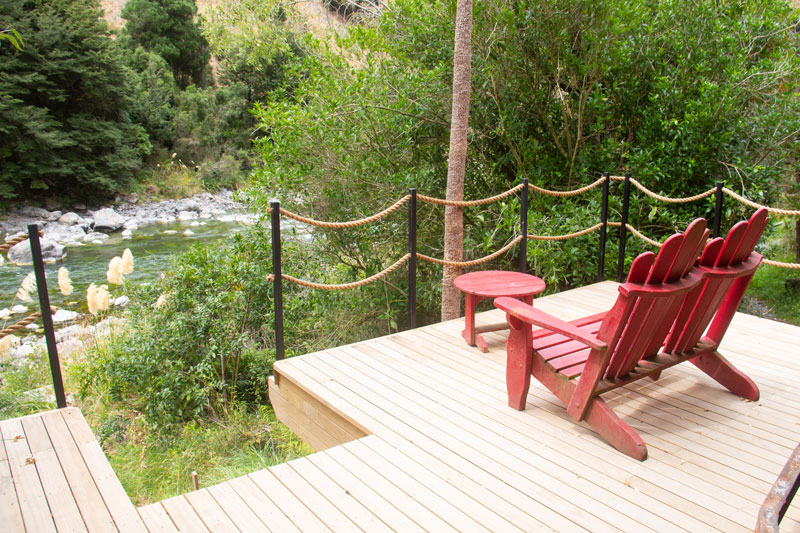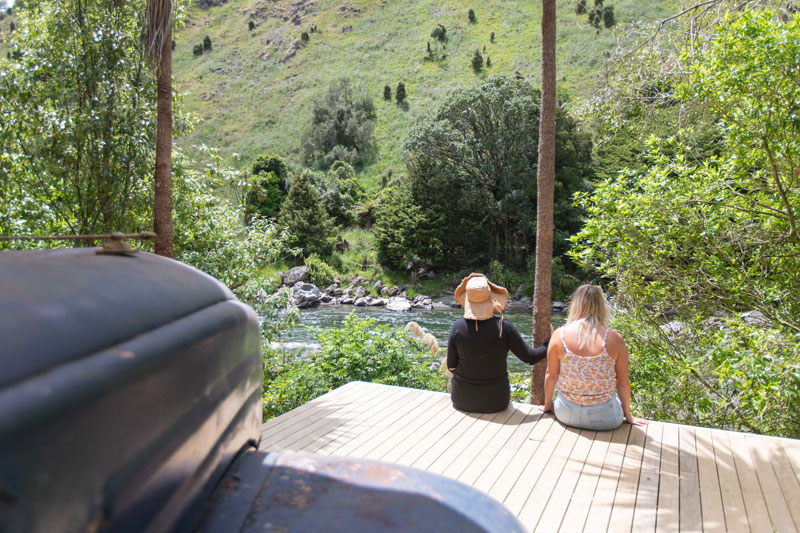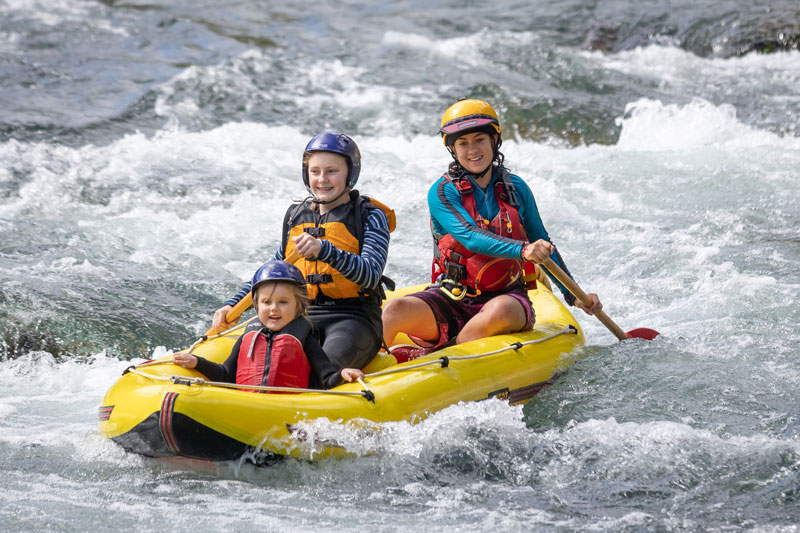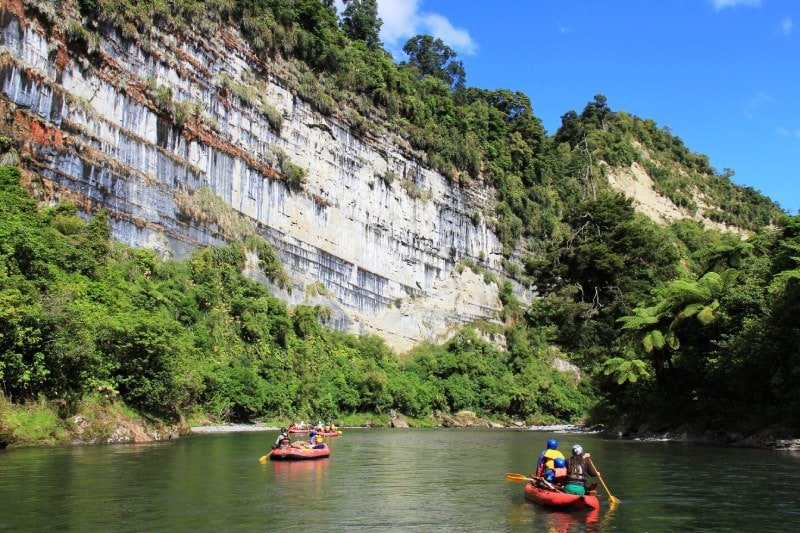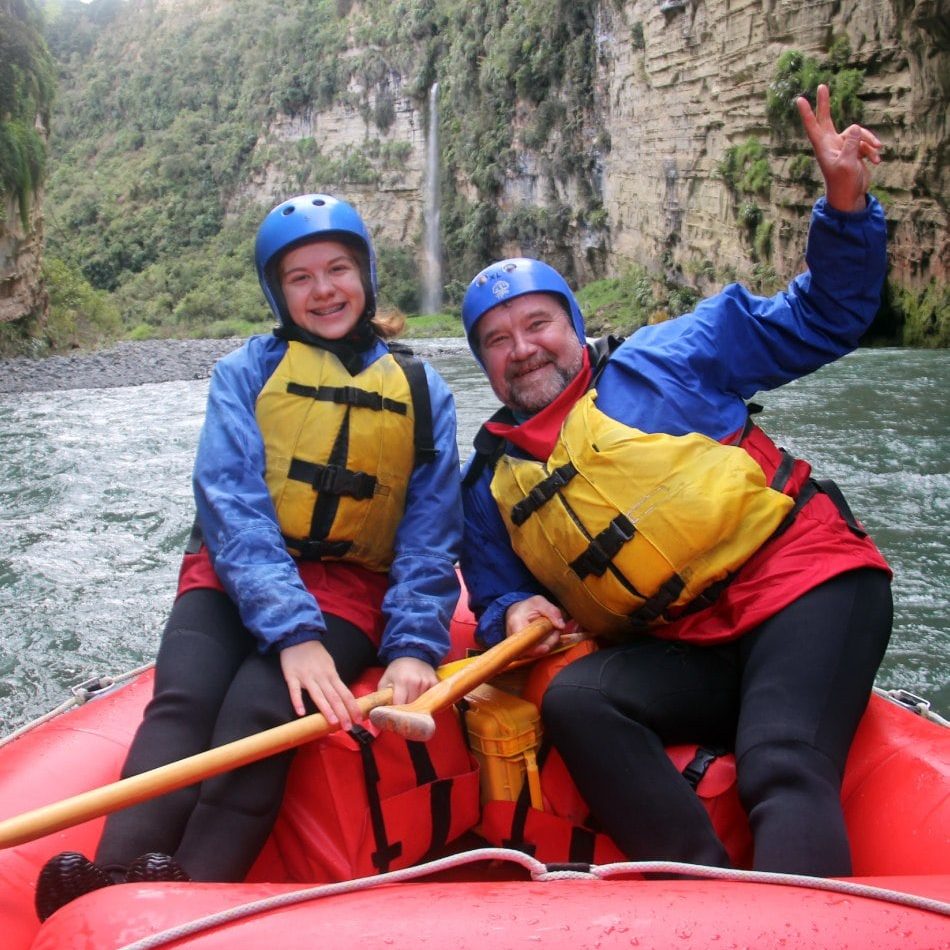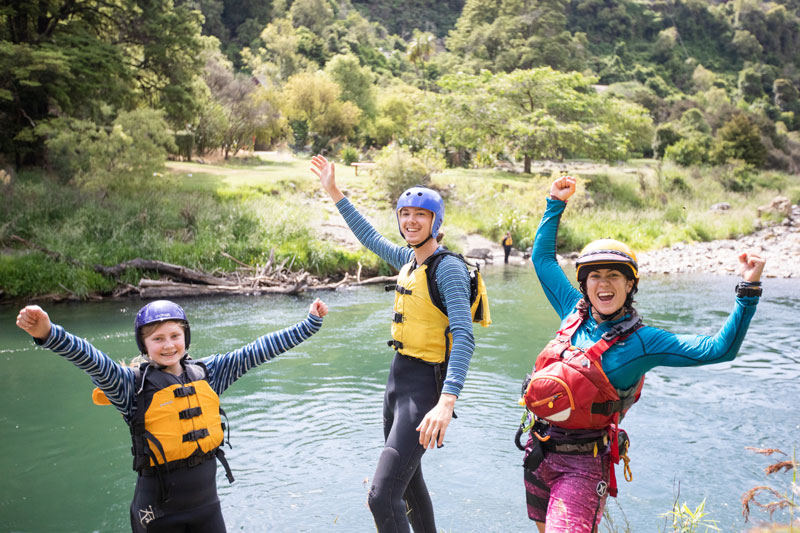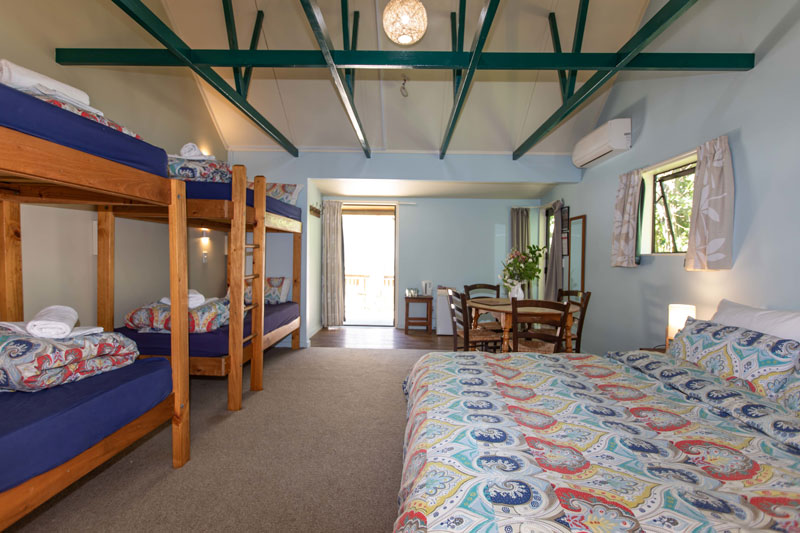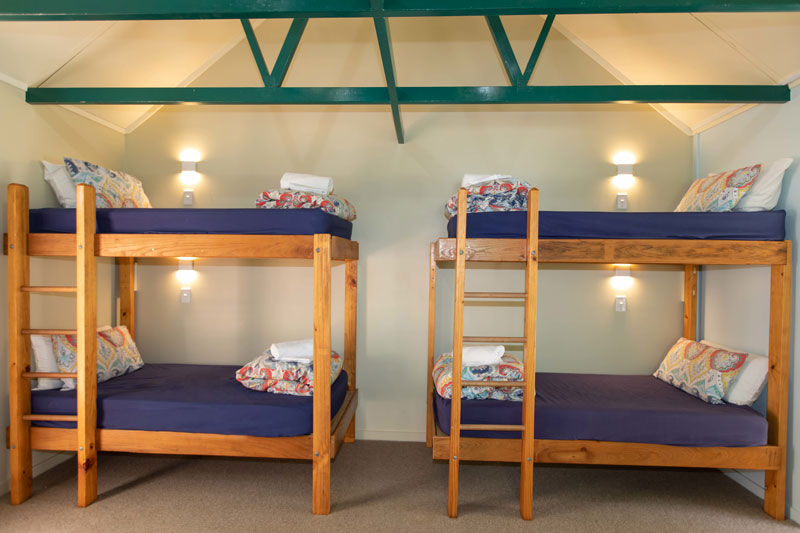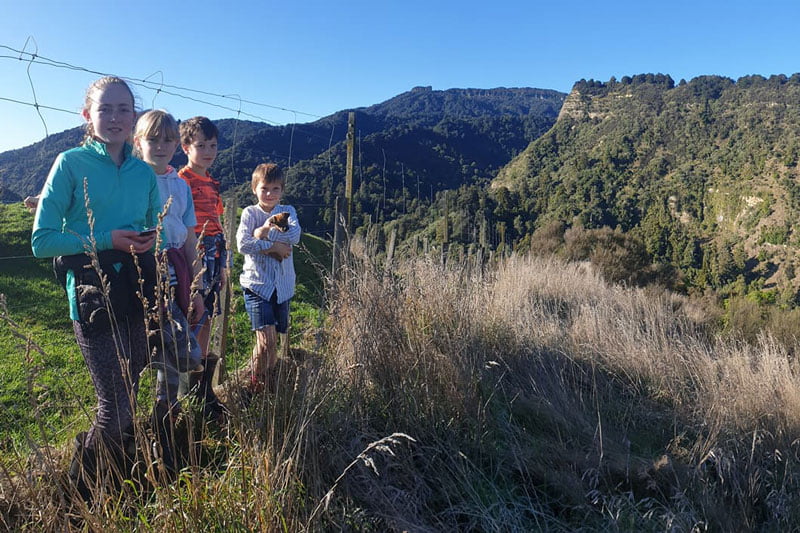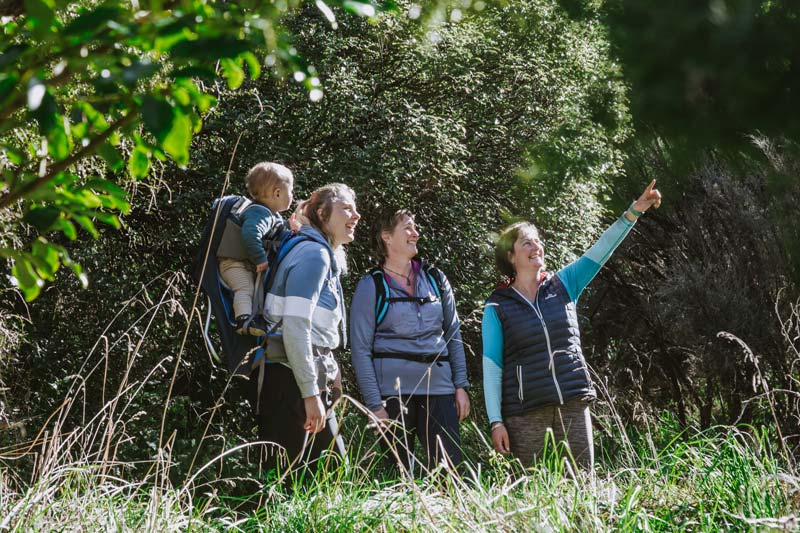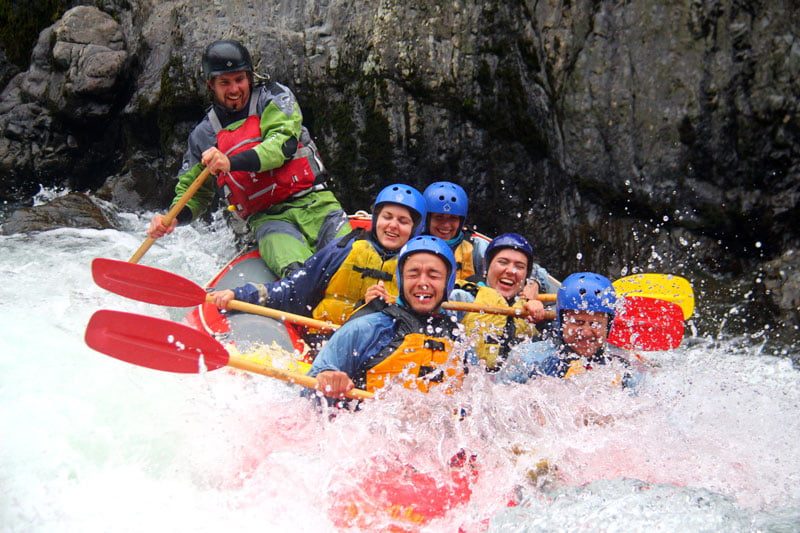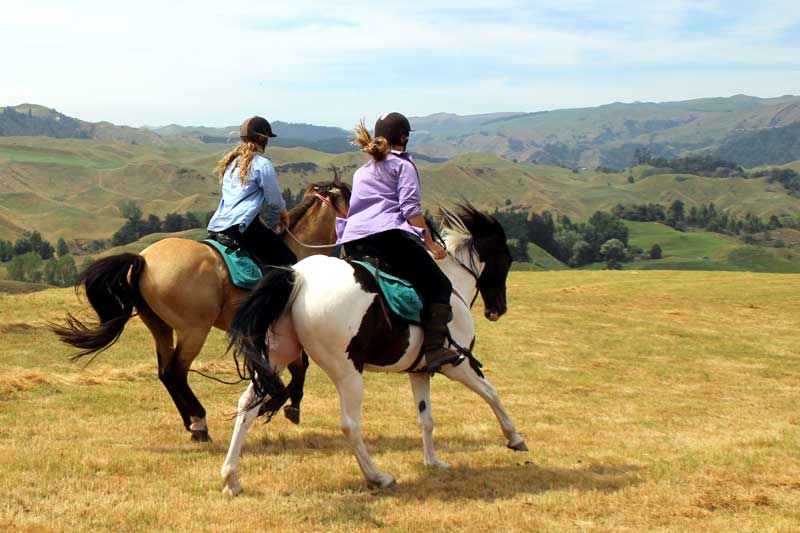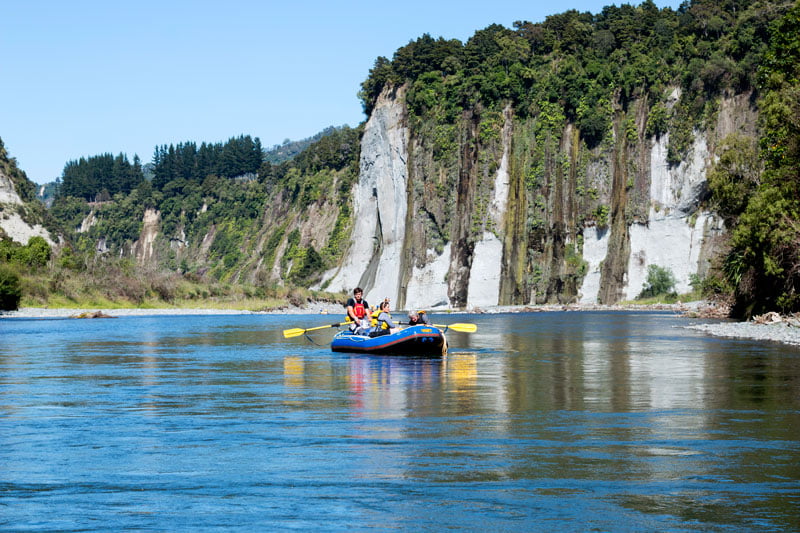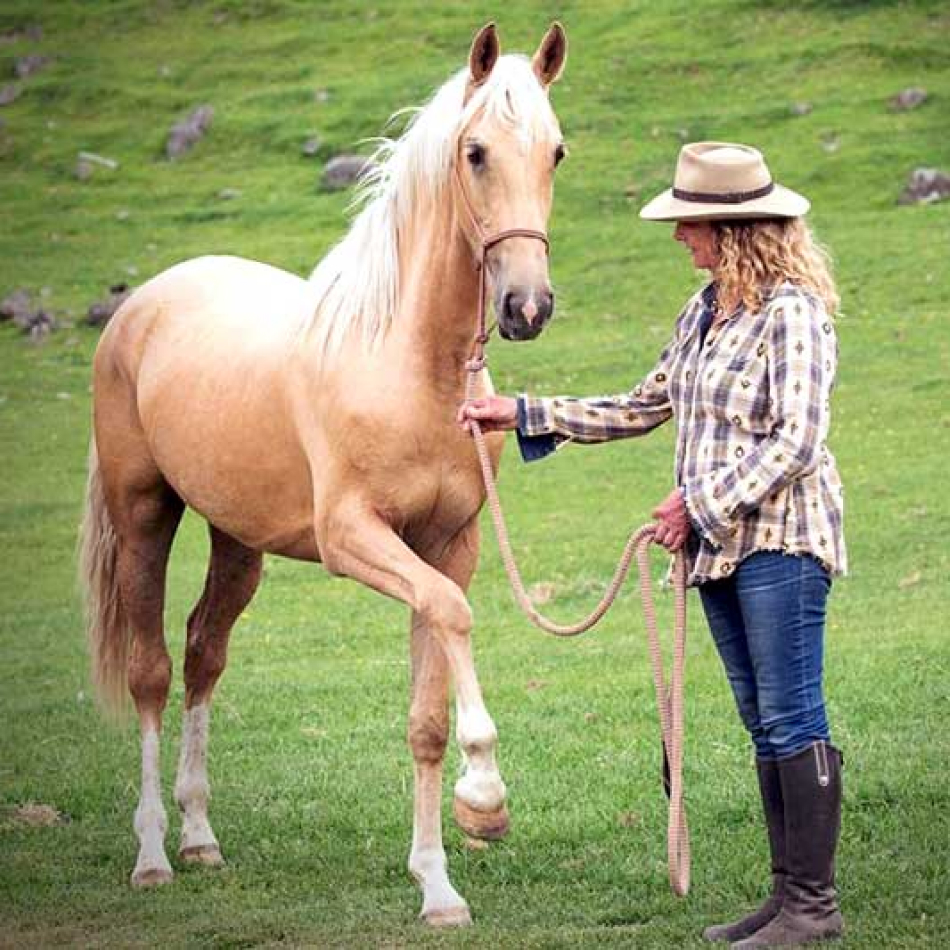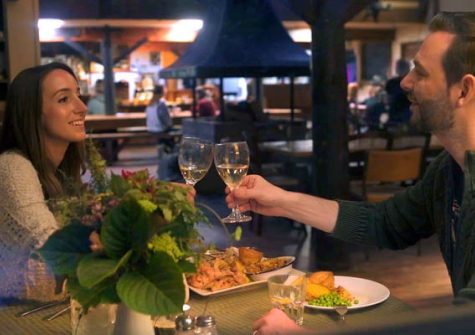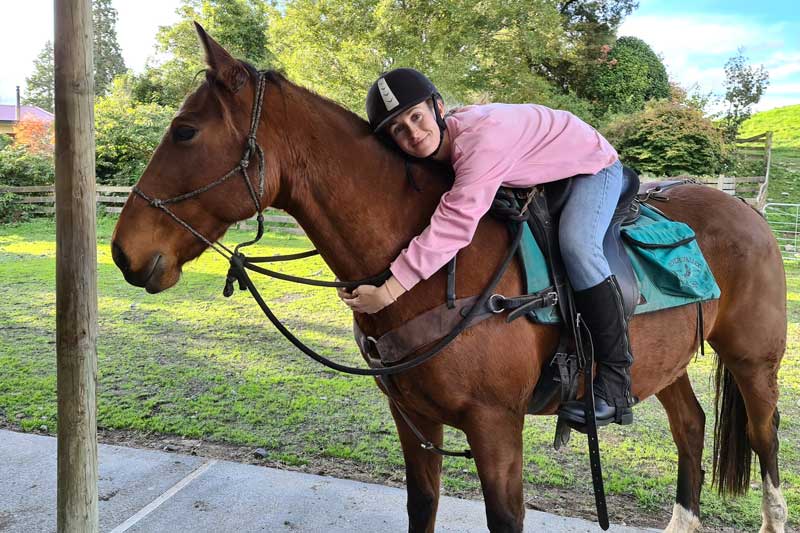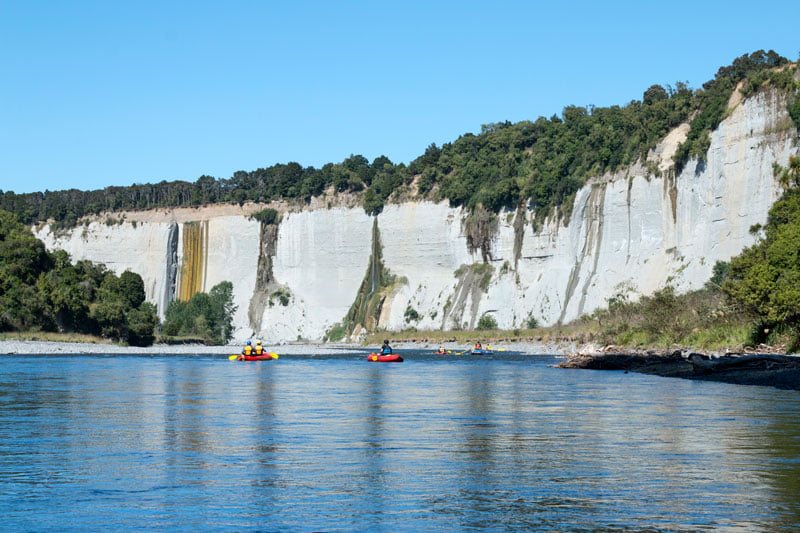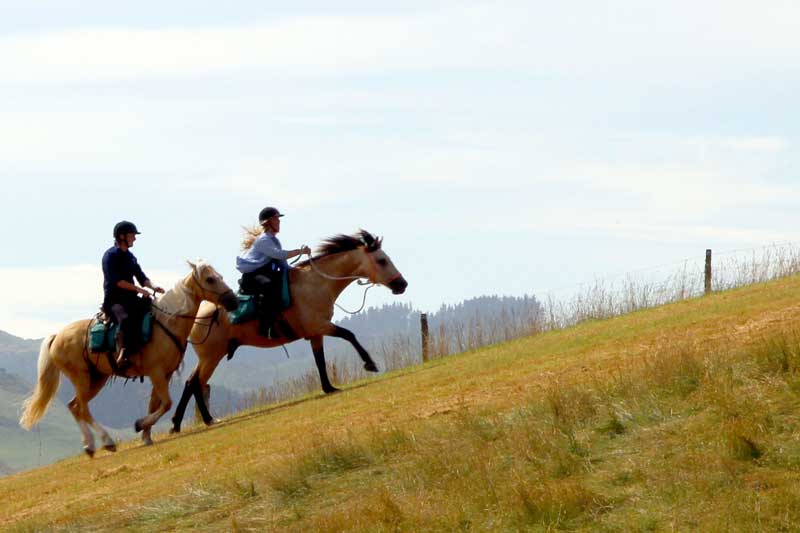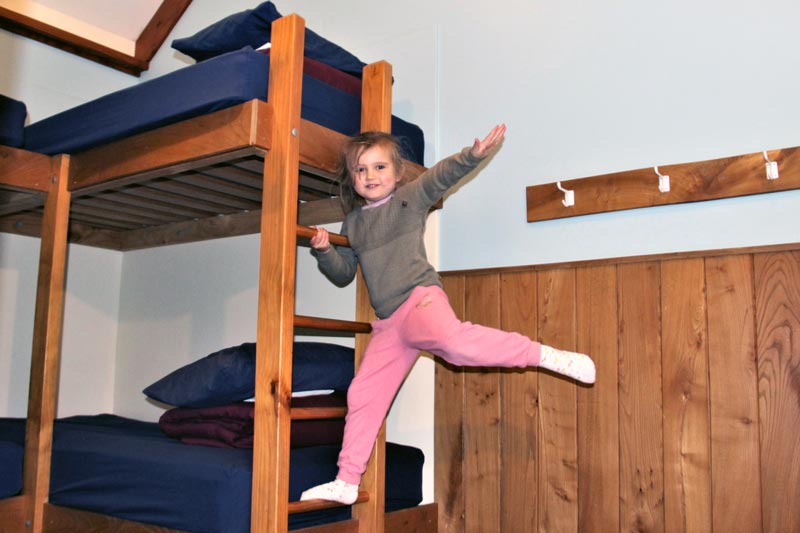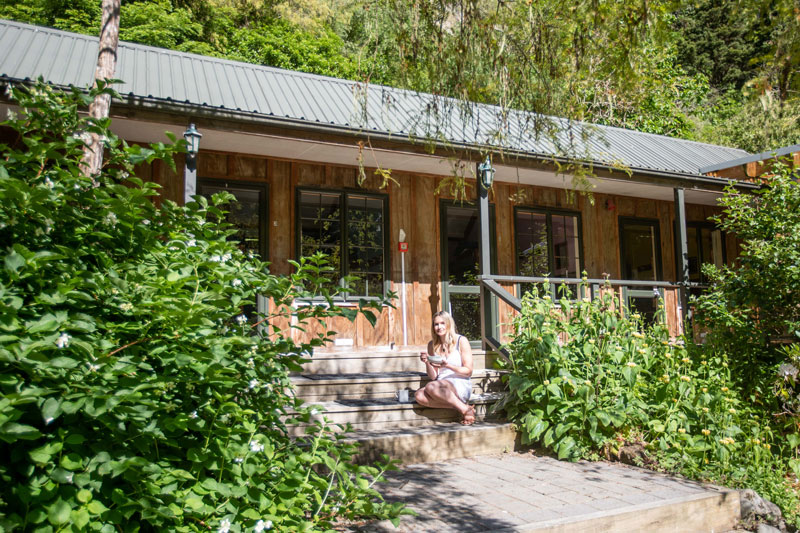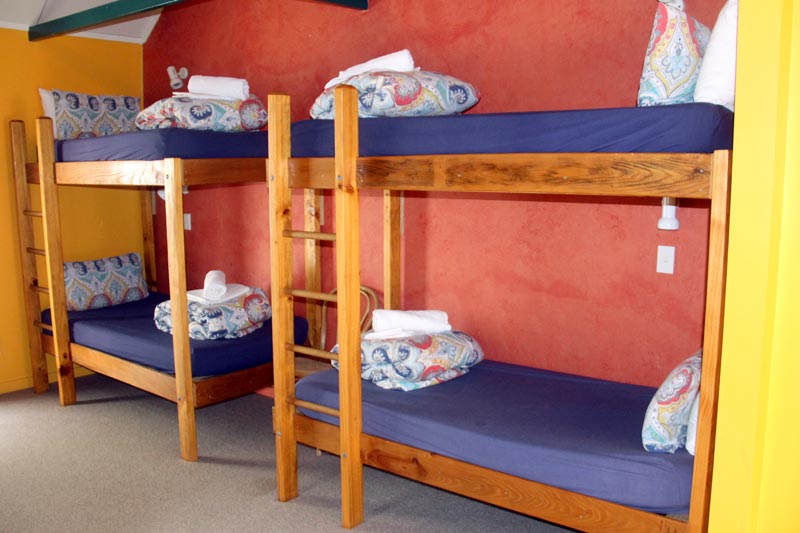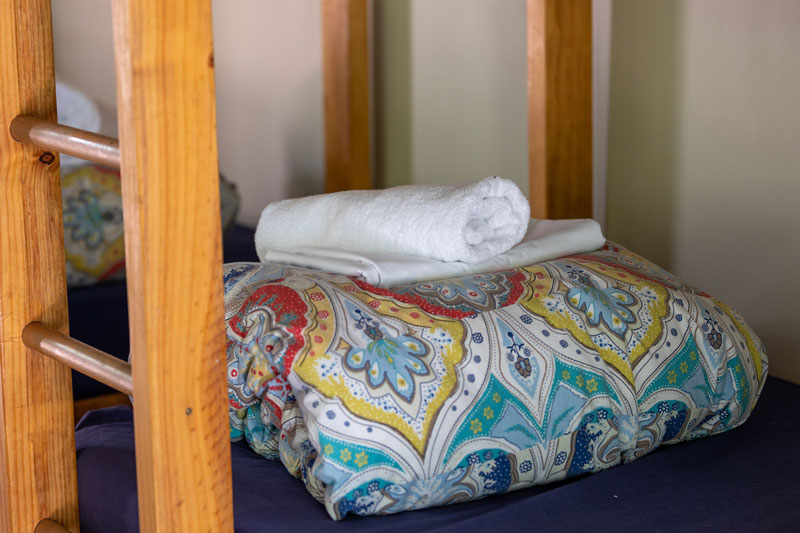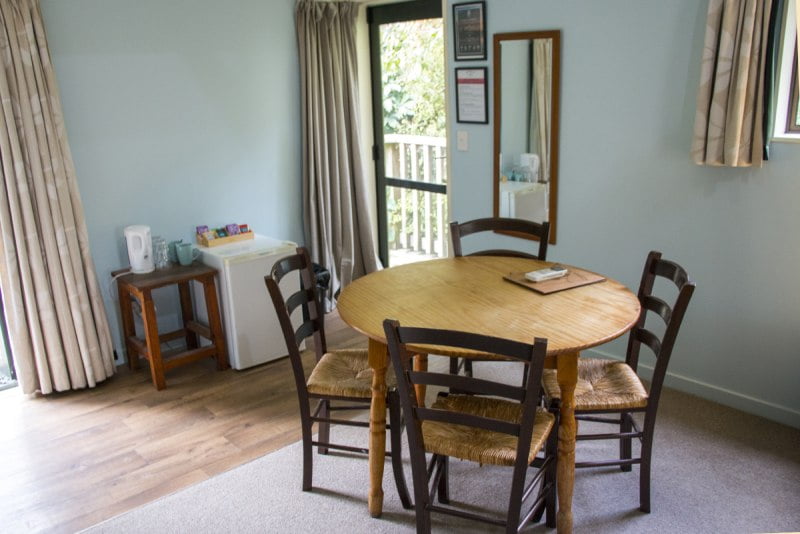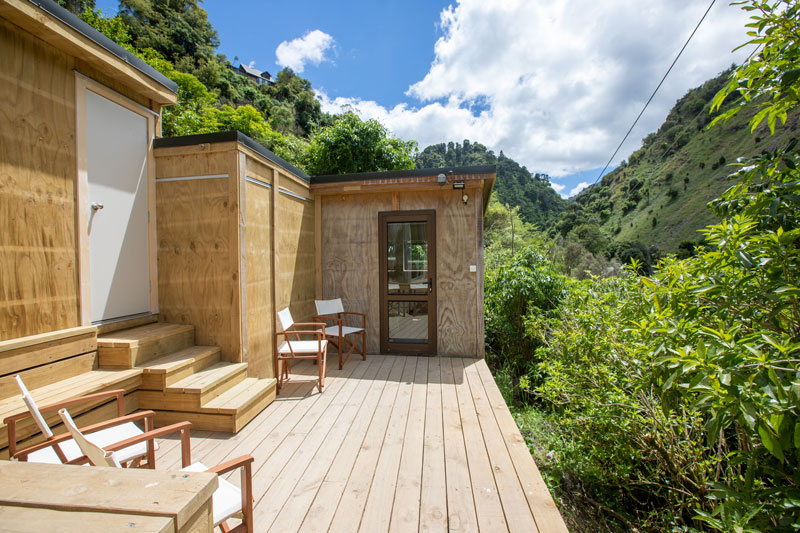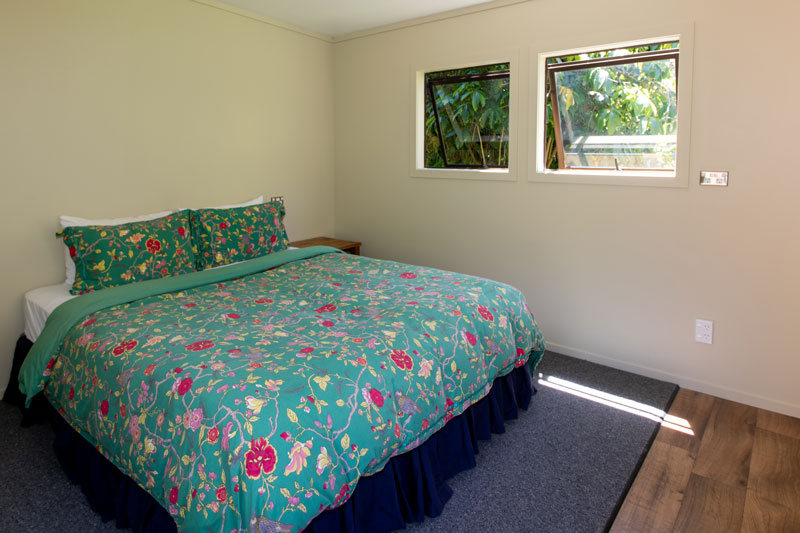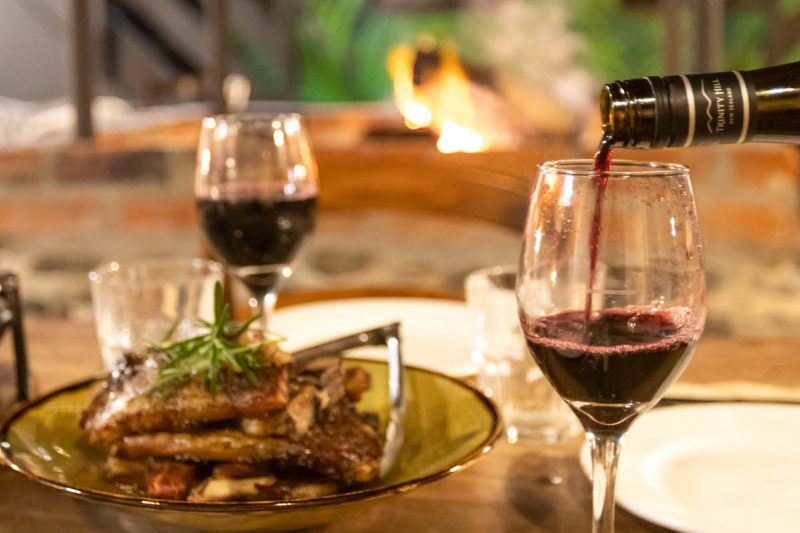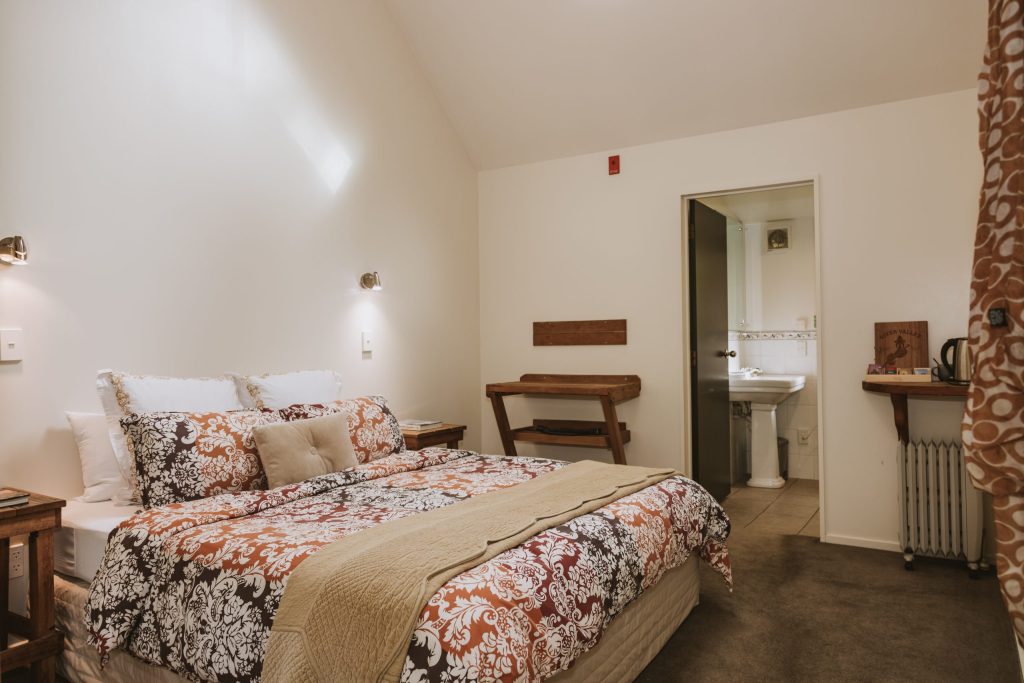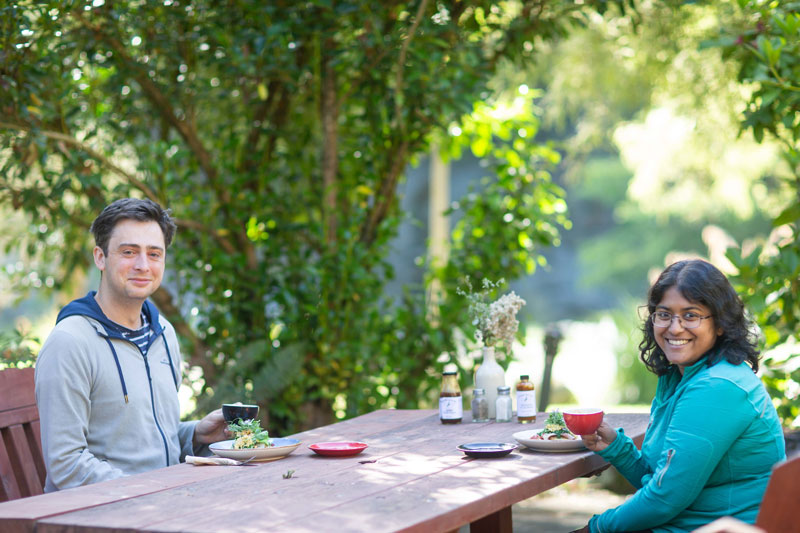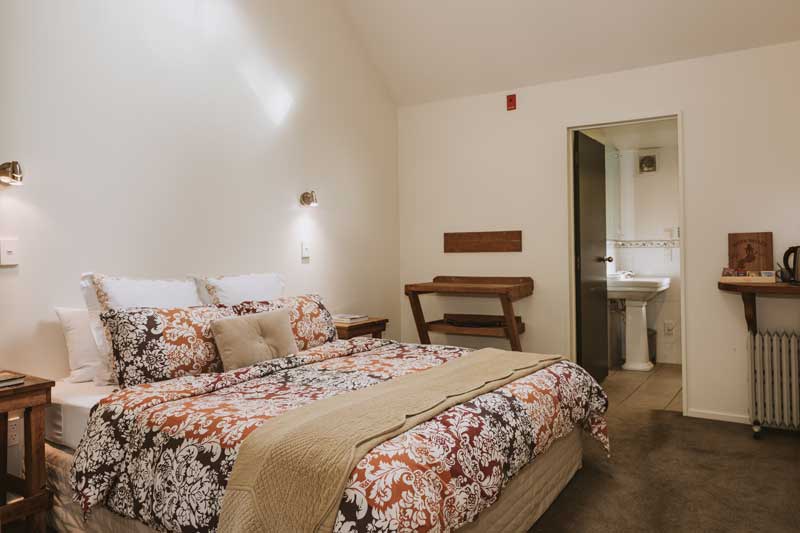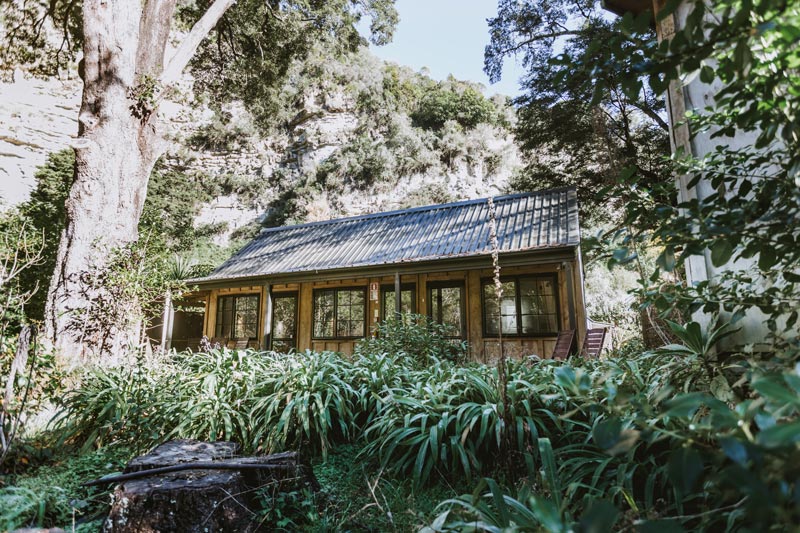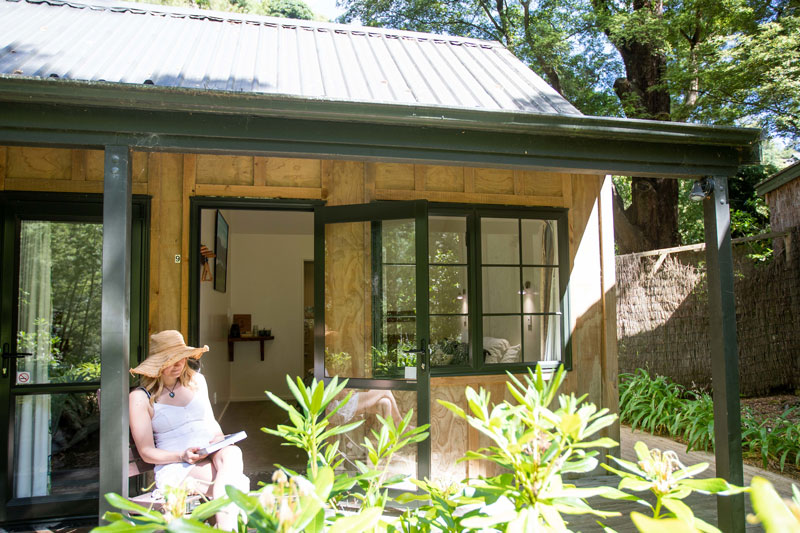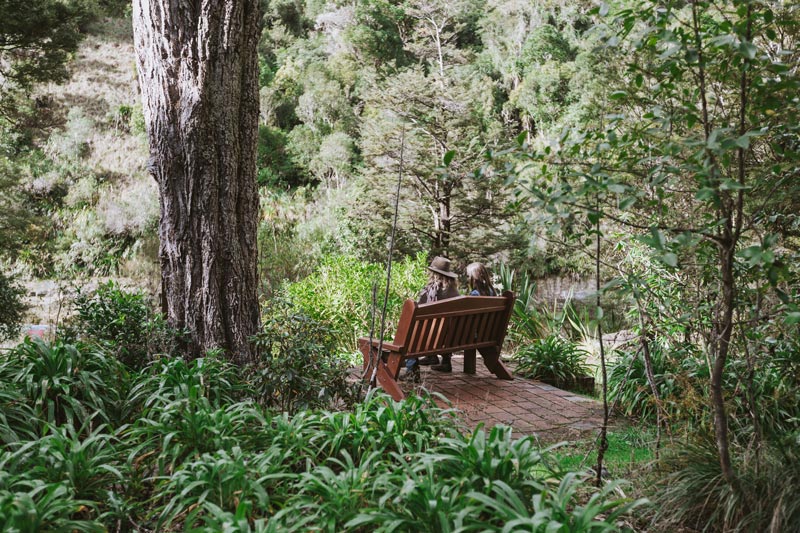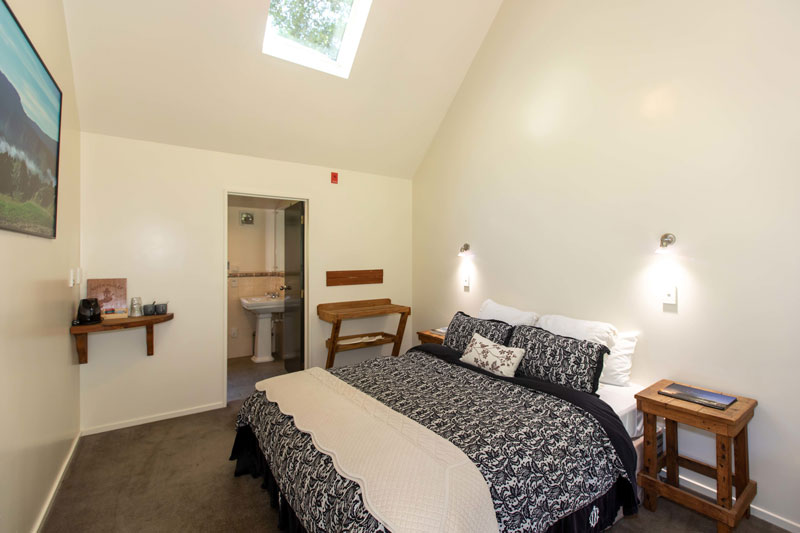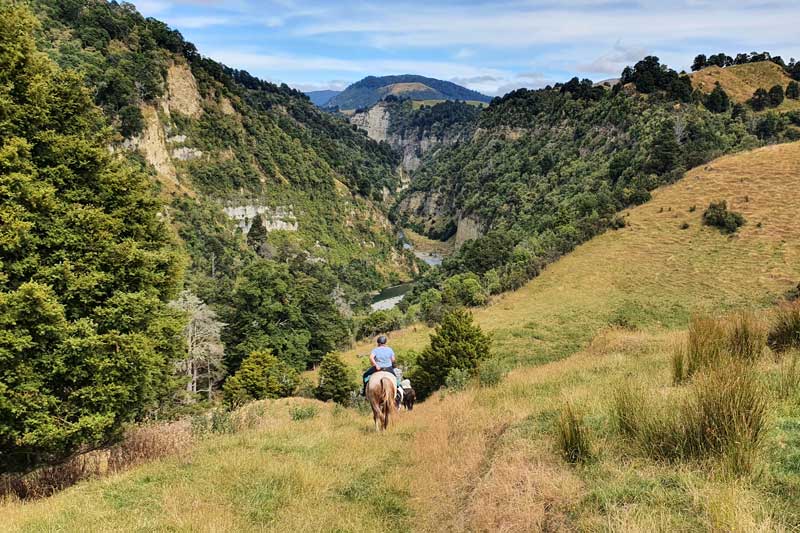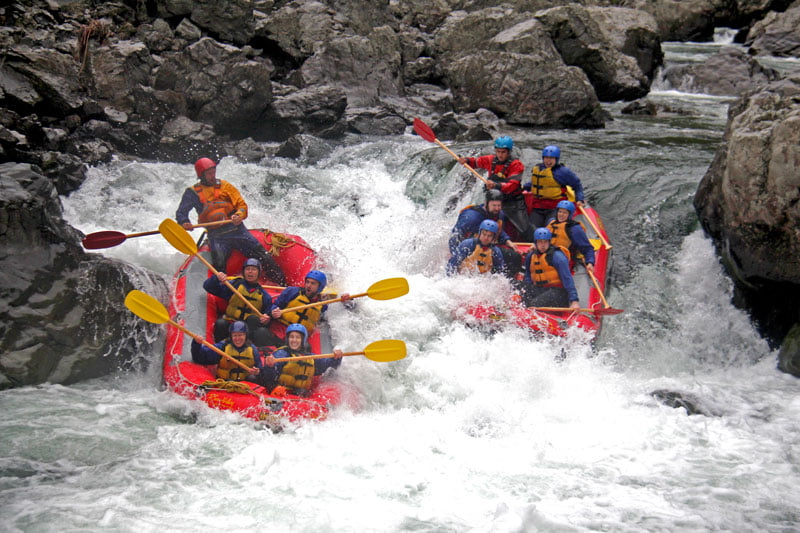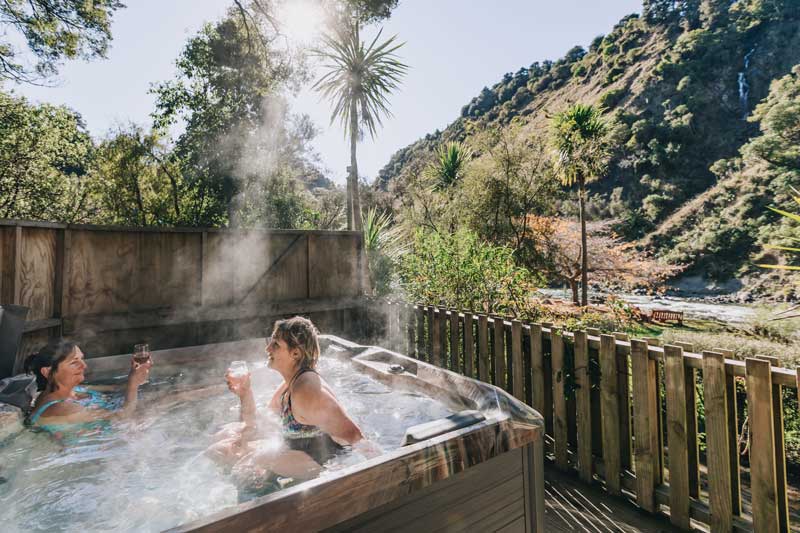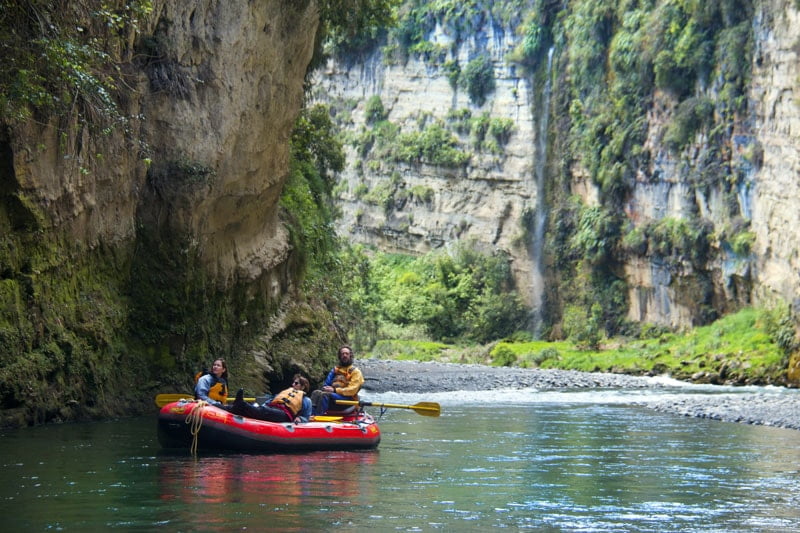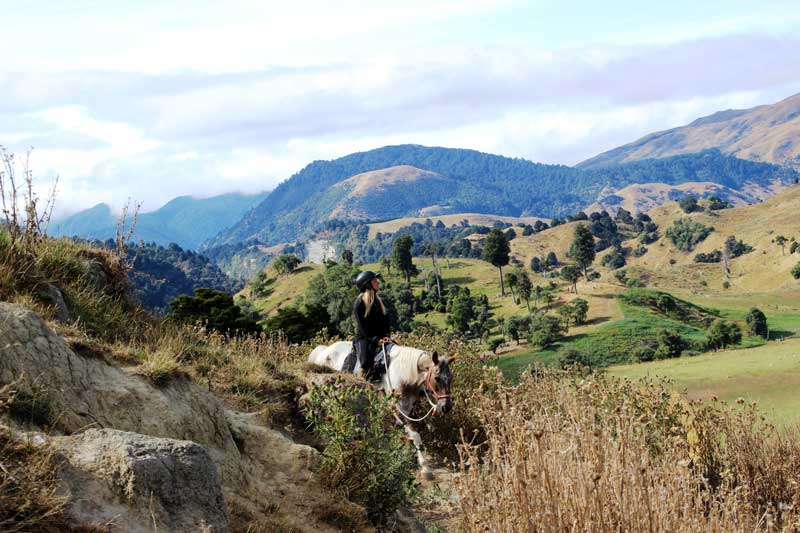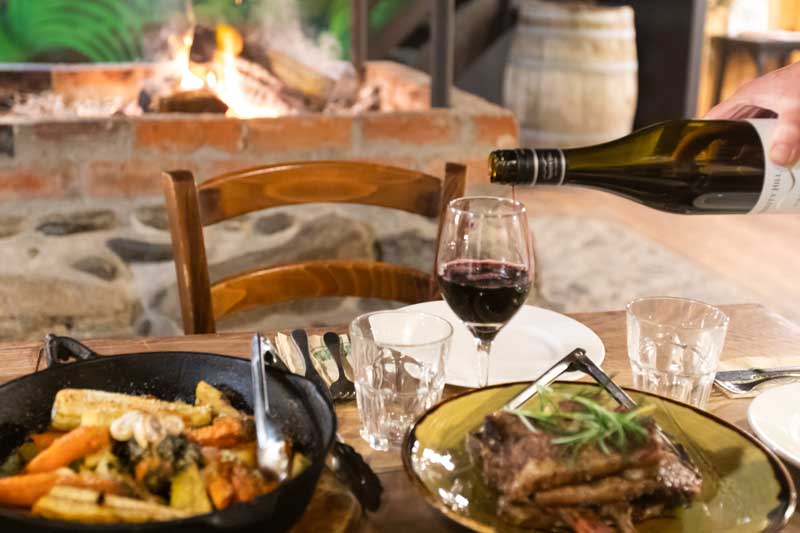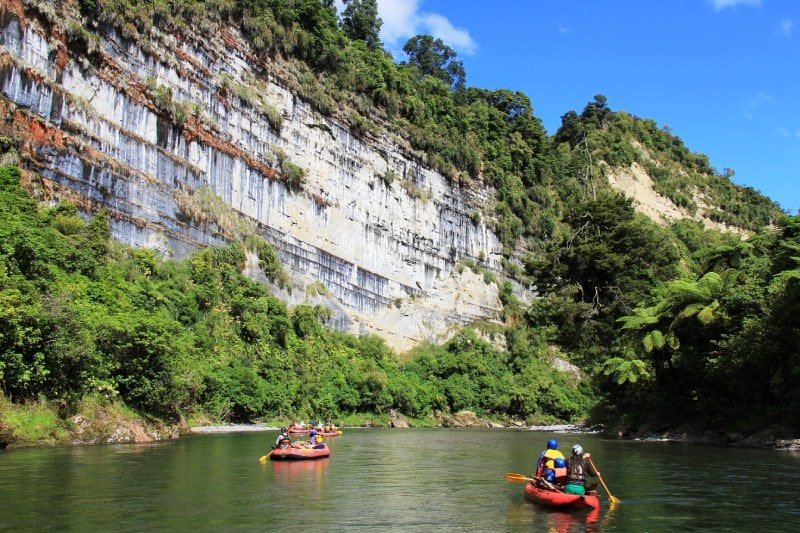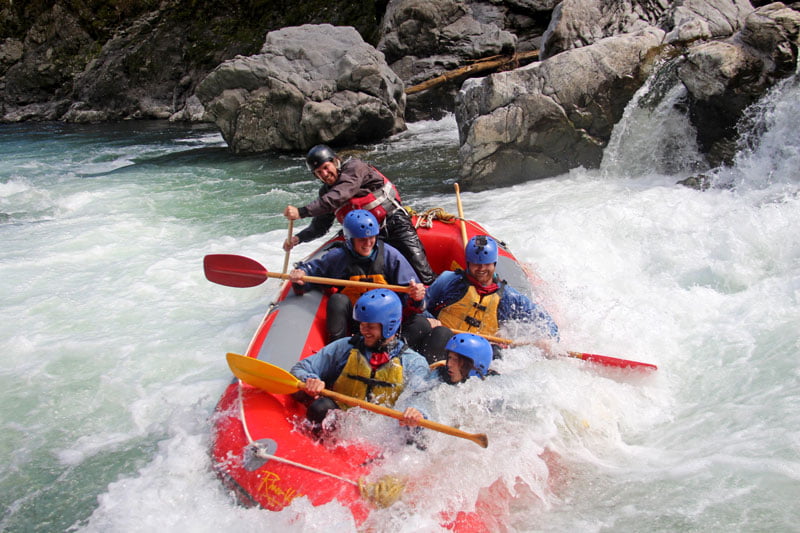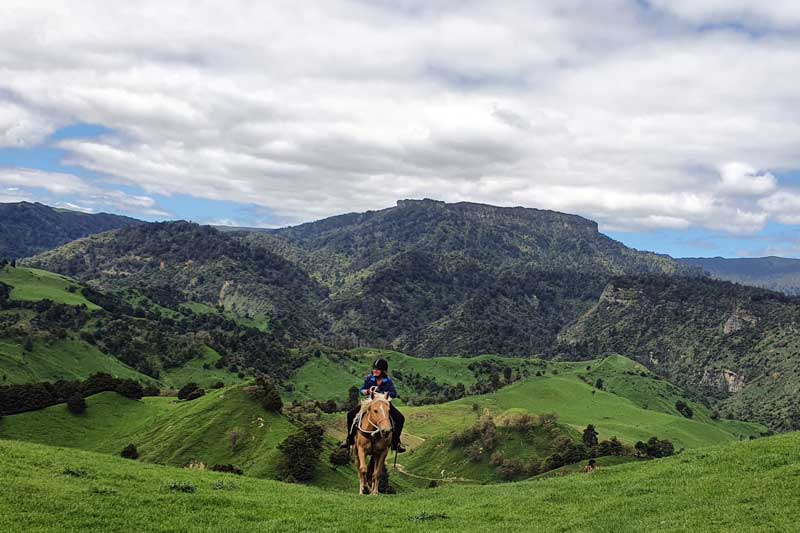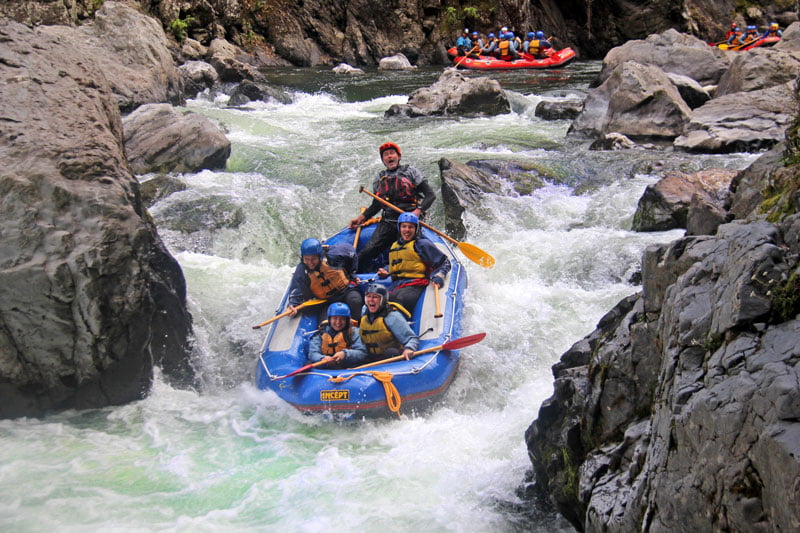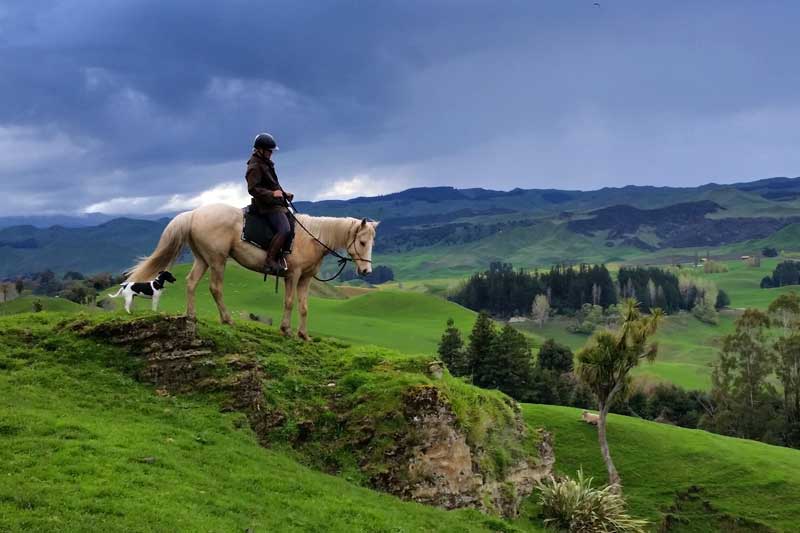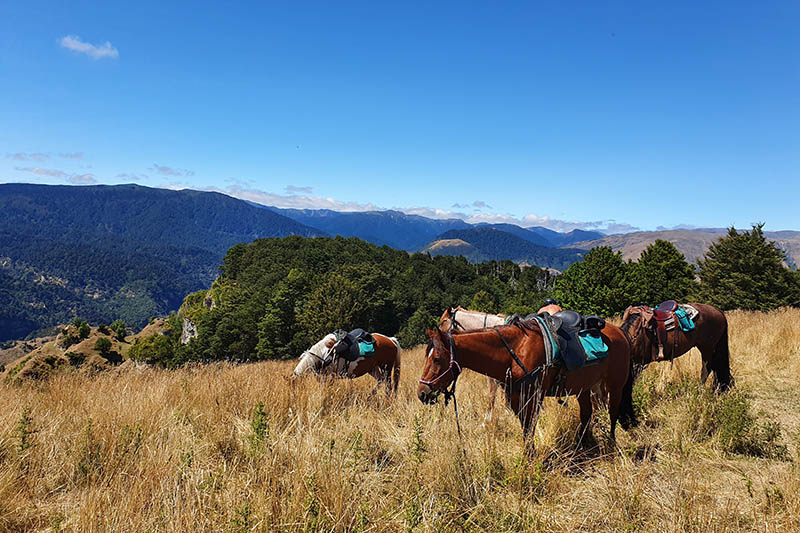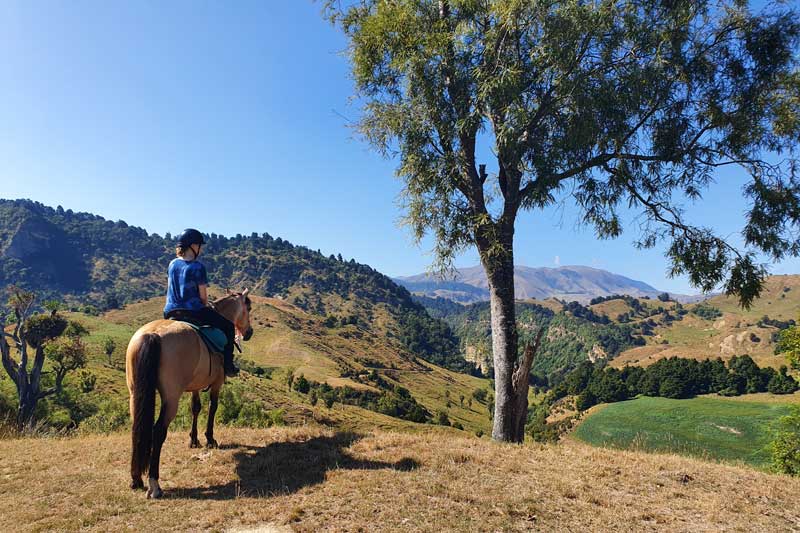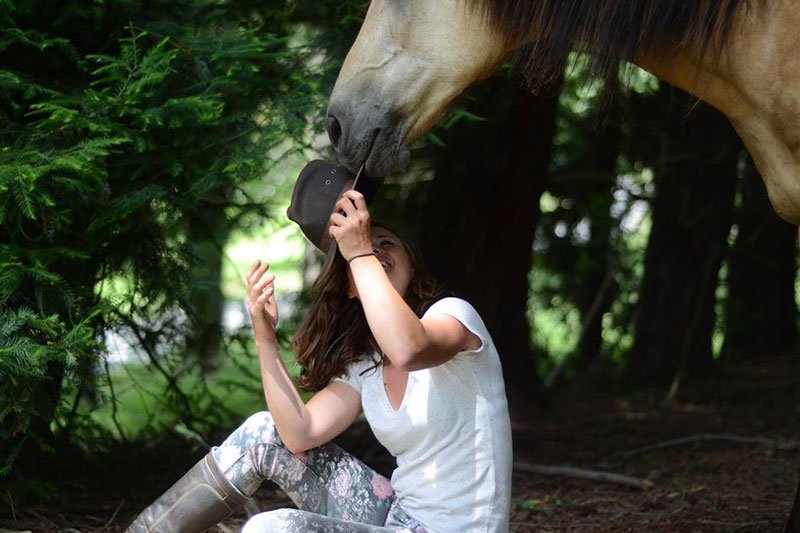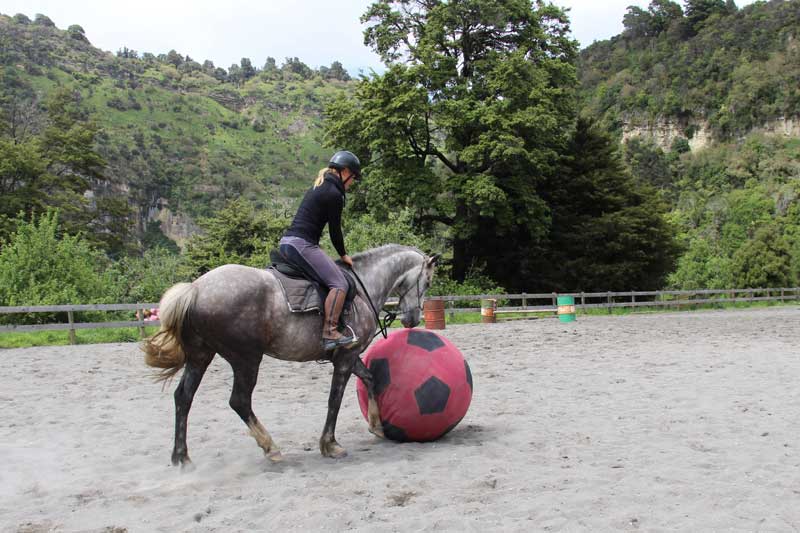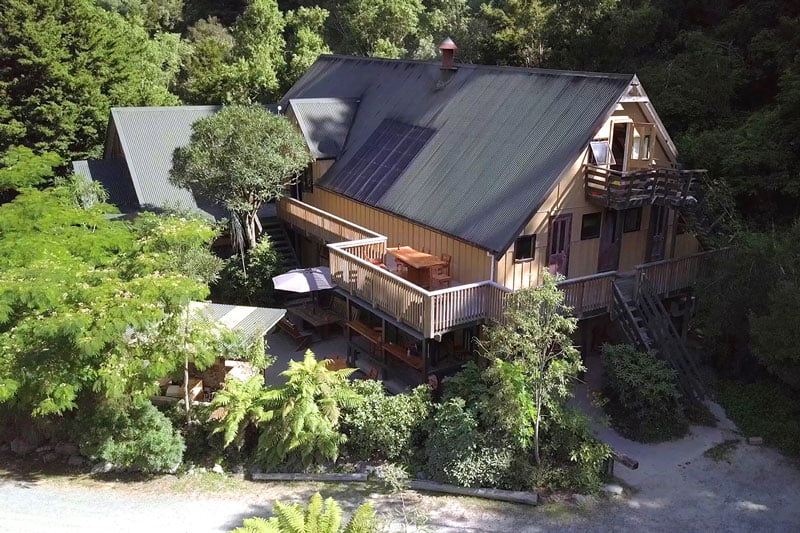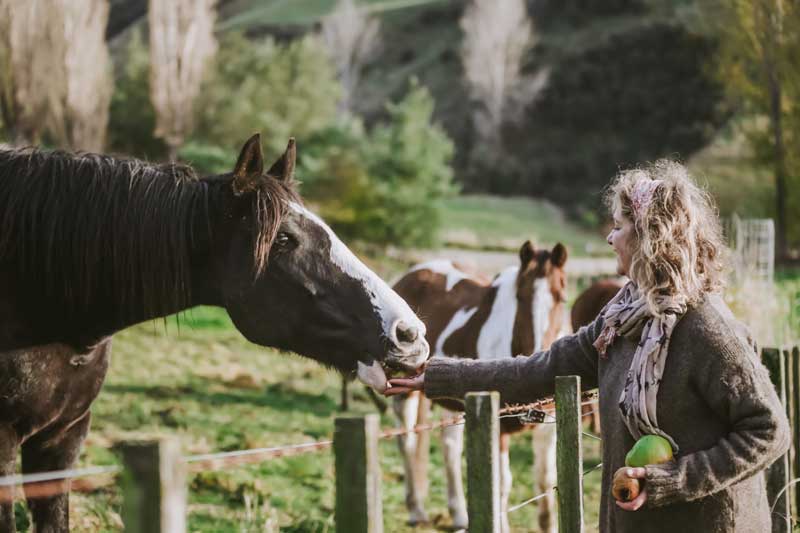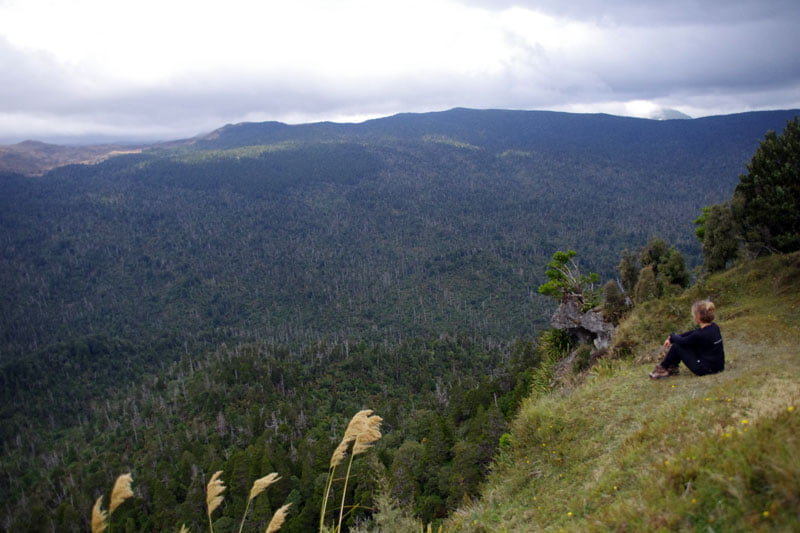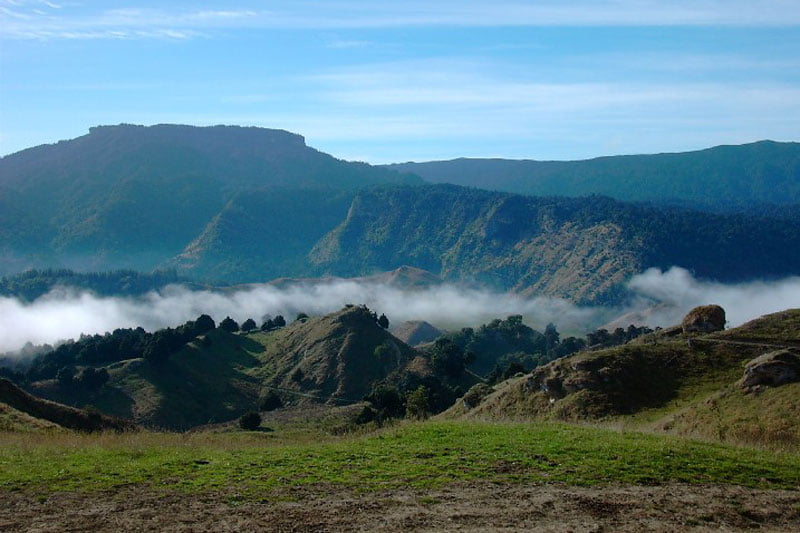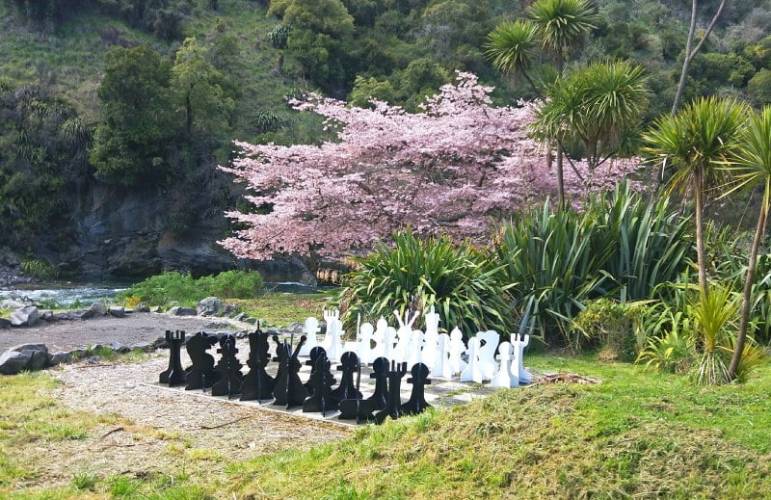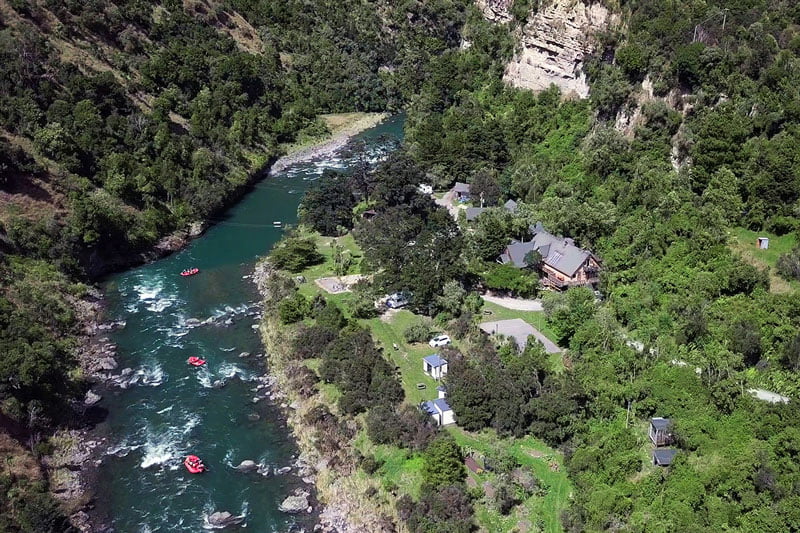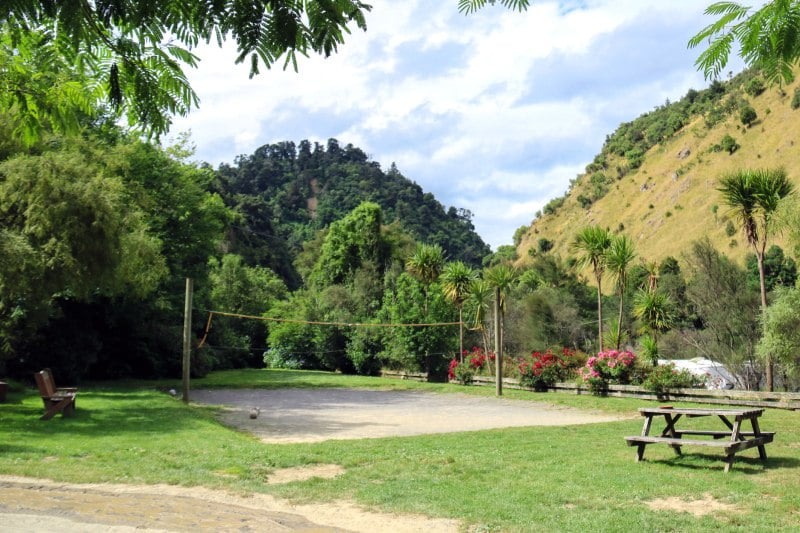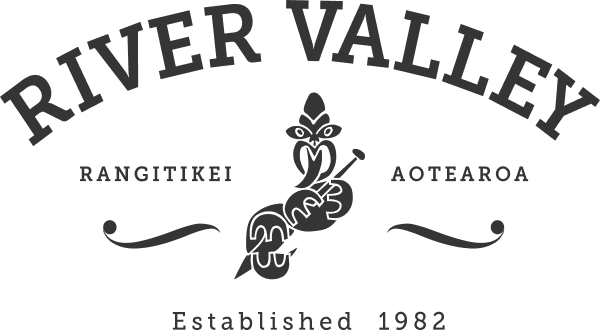A New Zealand Pledge?
Much is made within the New Zealand Tourism industry of the concept of Manaakitanga.
Manaakitanga is the Maori word used to describe the concept of Host Responsibility. But more than this, it is about being welcoming and having the interests of our guests at heart. It is about sharing and showing hospitality.
Tied with this is the concept of kaitakitanga, or guardianship for the environment.
Our Manaakitanga and Kaitiakitange are Being Challenged
Scarcely a day goes by during the main tourism season of October to April without some article in a news feed about the latest outrage caused by freedom campers shitting in the woods, or overseas drivers who have been filmed driving dangerously.
These sorts of incidents and practices are threatening the social licence that tourism has as an industry in New Zealand. The public presently accepts and welcomes overseas visitors, but that may not last if New Zealanders see their special places overrun by hordes of tourists, and their road side rest areas and reserves dotted with human excrement.
What is apparent is there is a lack of respect to their hosts displayed by some tourists – luckily a very small minority.
It would appear to me that what is needed are guidelines for guests that incorporate concepts of how to behave in what is our home – whether that be a building or the country as a whole.
Any visitor is essentially coming into our house when they arrive in New Zealand. As such, while we are welcoming and will look after you as best we can, the visitor also has some responsibilities.
But The Visitor Is Paying To Be Here
Some might say that because there is a monetary exchange, then this should absolve the visitor of much of that responsibility. I don’t buy that. As an operator, I would prefer to have no guest at all rather than one who thought that because they were paying they could do whatever they liked.
These problems around what responsibilities guests or visitors should have are not unique to New Zealand. Iceland has also experienced rapid tourist growth and the resultant pressure on infrastructure, communities and the environment.
The Icelandic Pledge
Unlike New Zealand, Iceland has recognised this and has introduced the “Icelandic Pledge”.
I PLEDGE TO BE A RESPONSIBLE TOURIST.
WHEN I EXPLORE NEW PLACES,
I WILL LEAVE THEM AS I FOUND THEM.
I WILL TAKE PHOTOS TO DIE FOR,
WITHOUT DYING FOR THEM.
I WILL FOLLOW THE ROAD INTO THE UNKNOWN,
BUT NEVER VENTURE OFF THE ROAD.
AND I WILL ONLY PARK WHERE I AM SUPPOSED TO.
WHEN I SLEEP OUT UNDER THE STARS,
I’LL STAY WITHIN A CAMPSITE.
AND WHEN NATURE CALLS,
I WON’T ANSWER THE CALL ON NATURE.
I WILL BE PREPARED FOR ALL WEATHERS,
ALL POSSIBILITIES AND ALL ADVENTURES.
Visitors to Iceland may sign this pledge online before visiting, though it is not compulsory. What it does do is set a base line of standards that visitors are expected to respect when visiting Iceland.
A New Zealand Pledge?
I would fully support the development of a New Zealand pledge. The Icelandic pledge is a great start but I think that there needs to be some additions around respect for communities and tikanga.
Once the pledge was finalised then visitors could sign it online and be given cards with it on at international gateway airports. It could also be in all rental vehicles, accommodation and visitor centres. It is not enough to say that we expect certain behaviour, we actually have to communicate what that is.
I am a tourist operator, but this is my home. The rules of behaviour I expect from you, the visitor, are not onerous, but respect for them is required. We have a responsibility also, and that is to communicate to you, the visitor, what our expectations are.
Ensuring the social licence for tourism continues would be a positive for everyone.
Brian Megaw
Would a New Zealand Pledge help ensure that visitors will still be able to access those special places?
